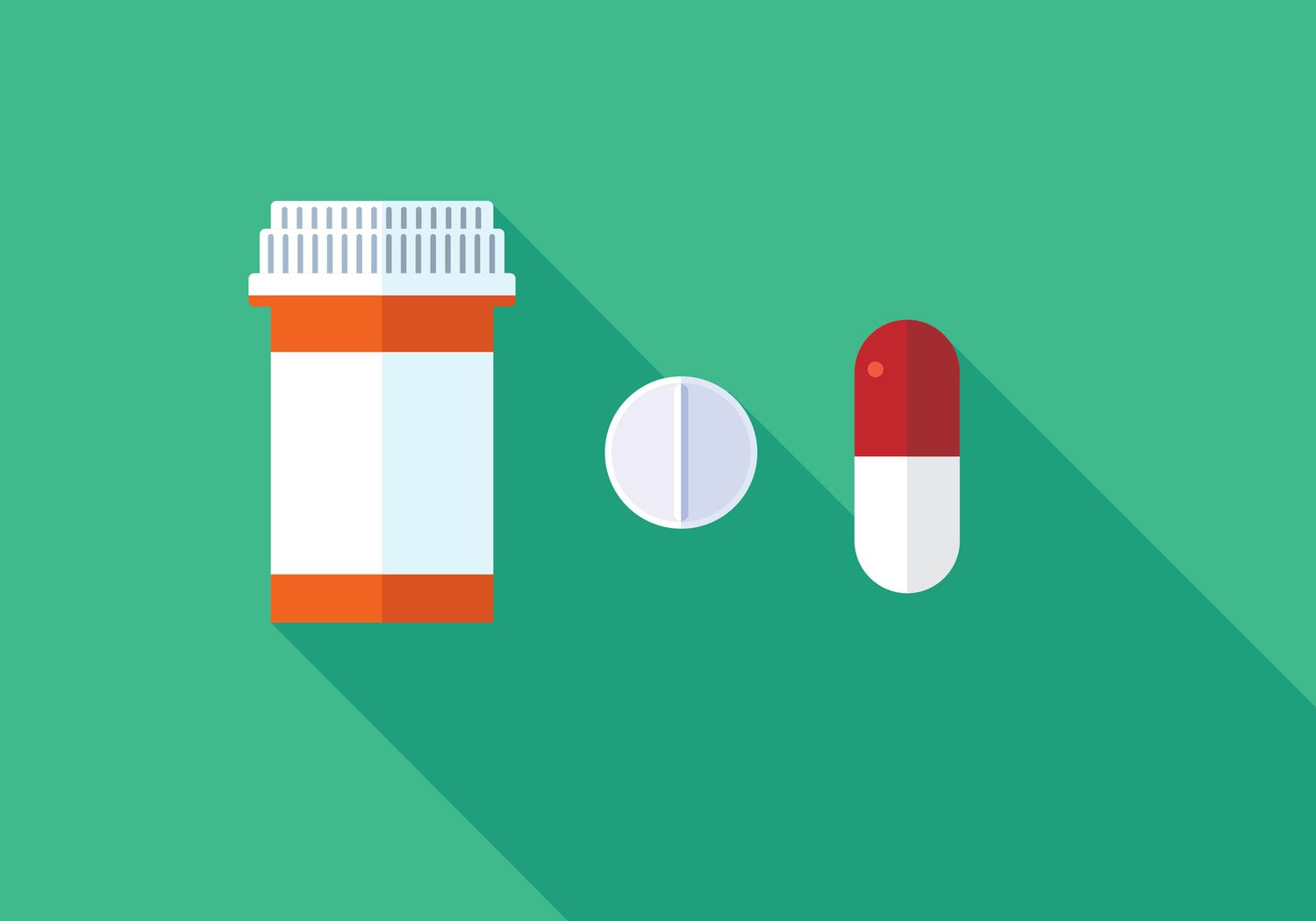A shift in how abortions happen
Three years after the fall of Roe v. Wade, a growing number of women in the United States are managing their own abortions, often without stepping into a clinic. This shift is driven by expanding legal restrictions, but also by improved access to abortion pills, virtual care, and support networks.
Self-managed abortion refers to the use of mifepristone and misoprostol—two medications approved by the FDA—to end an early pregnancy. Once restricted by strict regulations, these medications are now more accessible, thanks to telehealth and a growing number of shield laws in states that protect abortion access.
Medication abortion becomes mainstream
Today, medication abortion accounts for over 60% of all abortions in the U.S. Clinicians like Dr. Maya Bass, who once traveled monthly to provide abortions in restrictive states, now offer support through online platforms and hotlines. These services guide patients through the process remotely—often with no need for ultrasounds or in-person exams.
Organizations such as the M+A Hotline have stepped in to fill the gap, offering anonymous support to people managing abortions on their own. Patients contact providers for reassurance, advice, or help identifying warning signs—all without visiting a medical facility.
From clinical care to personal autonomy
The move toward de-medicalized abortion care gained traction during the pandemic, when in-person care became risky. At the same time, peer-reviewed studies confirmed that patients could safely determine their gestational age without an ultrasound, and that in-person follow-up was often unnecessary.
This evidence, paired with the closure of clinics across several states, changed many doctors’ minds. Groups like the World Health Organization and the American College of Obstetricians and Gynecologists now endorse self-managed abortion as a safe and valid method during the first trimester.
Barriers and backlash remain
Despite medical consensus, political pushback is growing. Some states have criminalized possession of abortion pills without a prescription, and legal battles are underway against telehealth providers who prescribe across state lines. A recent bill in Louisiana even classified abortion pills as controlled substances.
Nevertheless, access continues to expand informally. People are sharing information through social networks, community groups, and even abortion doulas—volunteers who support individuals during the process of self-managing an abortion.
A changing landscape
Clinicians like Dr. Bass have embraced the shift. For her, supporting patients over the phone or online offers a more personal connection and gives individuals more control over their care. While not all abortions can be self-managed—particularly in emergency cases—the option provides critical access for those in restricted states or without financial means.
With thousands now turning to telehealth abortion services, and pills available from international and domestic sources, the future of abortion access in the U.S. is being reshaped by technology, patient autonomy, and changing norms in reproductive healthcare.



